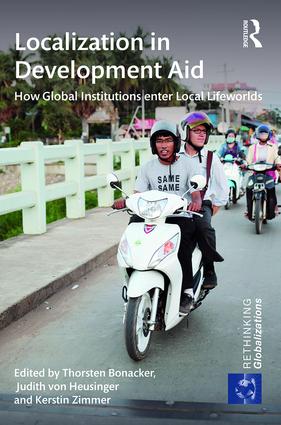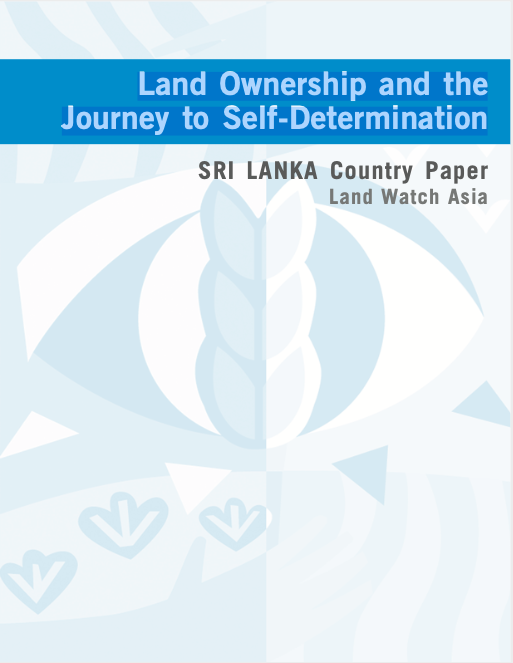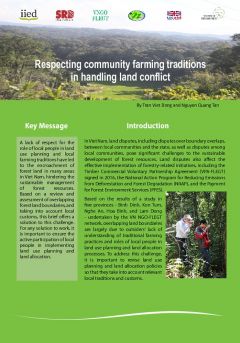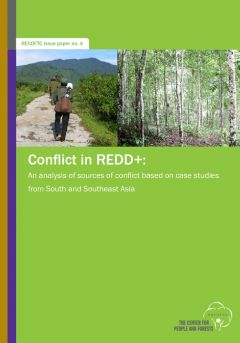End of Desertification? Disputing Environmental Change in the Drylands
It took scientists more than three decades to transform a perceived desertification crisis in the Sahel into a non-event. Looking beyond the Sahel, the chapters in this book provide case studies from around the world that examine the use and relevance of the desertification concept.









